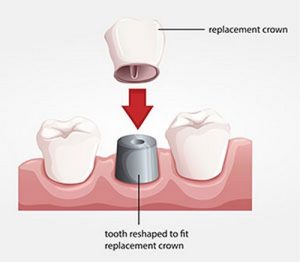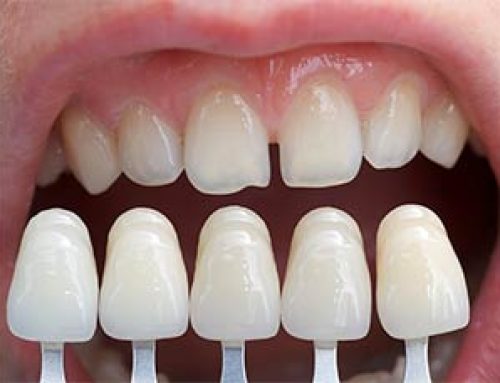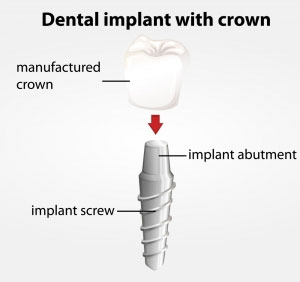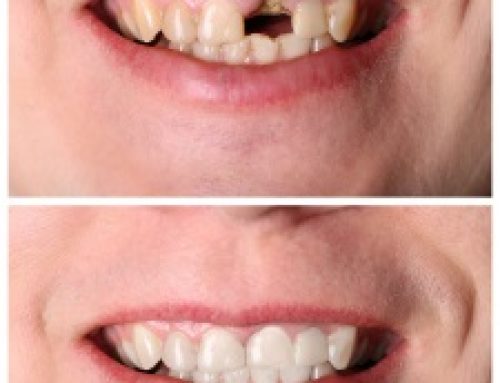 Introduction
Introduction
There are many people that are living with dental crowns. These dental crowns gives them the look that they have always wanted; however, sometimes there is some pain that is associated with a crown. Although most of the pain that is associated with a dental crown typically happens at the time that the dental crown is applied there are other times where a dental crown may cause pain to a person long after it has been embedded in a patient’s mouth.
If a patient is suffering from moderate to major pain following the application of a dental crown it could be due to an exposed nerve, or it could be due to the fact that the crown is pushing against the surrounding teeth and is causing pain that way. If the pain worsens when hot or cold liquids of foods are introduced to the area then that may be an indicator that it is related to an exposed nerve. It could be that the crown has either cracked, the crown was put on without a root canal being performed, or that there is a part of the nerve that is exposed below the gum line that is causing the patient to have pain.
Possible Causes
There are many causes for the pain that is typically associated with a dental crown. A lot of the pain that happens is due to inflammation of the surrounding gum tissue at the time of application. It may be that the gum has swollen and is now pinching against the base of the crown. Although this pain is irritating it should not be so overwhelming as to warrant a visit to the dentist. Many times, the swelling will go down in a matter of a couple of days.
Possible Solutions
If the pain is moderate to severe and is due to an improperly fitting crown or an exposed root then the best thing that a patient can do is to consult their dentist and get it looked at, and taken care of, as soon as possible. Although there are some over-the-counter numbing agents out there that can temporarily reduce the pain it is recommended that a patient that things that they have a crown that is not fitting correctly, or an exposed nerve, have a dental professional look at it in order to ensure proper fit and to take care of any exposed nerve problems that may persist.
There are many different solutions that a patient can employ in order to minimize, or eradicate, the pain that they are experiencing due to their dental crowns. If the pain is minor and is thought to be due to inflammation then a patient can simply take an anti-inflammatory in order to reduce the swelling. They can also use cold water or even ice on the affected area to temporarily reduce the swelling and promote relief. Most inflammation is only temporary and will typically subside within a couple to a few days. If this is not the case and the pain persists then it may be a good idea to consult a dentist in order to receive relief from the pain.
Conclusion
In conclusion, dental crowns are a great way to enhance a person’s smile; however, some people may experience some pain when the application process is finally complete. It is important for a patient to let their dental professional know whenever a pain is associated with a dental crown so that the professional can take care of it as soon as possible and minimize the risk for the problem to grow into something more severe and costly.
If you are learning more about Dental Crowns, please click here.




